Men and women experience hormone loss as we age which negatively affects almost all aspects of life. Many of us suffer from poor sleep, stress, fatigue, lack of energy, and low sex drive. At Greenwich Hormones, we can restore your hormones naturally so you can feel youthful again and proactively safeguard your health.

Dr. Edward Jacobson is a Board-Certified gynecologist who has been in private practice for over thirty years in Manhattan and Greenwich, Connecticut. He is licensed to practice telemedicine in California, Connecticut, Florida, Massachusetts, New Jersey, New York & Rhode Island.
Listen to Dr. Jacobson discuss hormone replacement therapy, hot flashes, and more on the podcasts he has been a guest on.
View PodcastsWhile most people have heard of natural hormones before, many are unsure about their various benefits. Natural hormone therapy, also called bioidentical hormone replacement therapy, utilizes hormones that are molecularly identical to your body’s hormones. Most natural hormones are plant-based. The most common bioidentical hormones are estrogen, testosterone, progesterone, and thyroid hormone.
Many people are concerned that hormone replacement therapy can cause more health concerns, such as heart disease and cancer, than they will receive benefits. This is only true of synthetic hormones. Bioidentical hormones safely provide all of the benefits of symptom relief and preventative medicine without the risks as proven in many worldwide studies.
All recommendations come from published, randomized controlled medical trials that prove cause and effect. These are the most powerful studies that support any treatment plan.
Instead of prescribing hormones until symptoms disappear Dr. Jacobson strives for optimization of hormone levels. This means he attempts to bring hormones to the peak levels experienced at 20 to 25 years of age. This achieves the benefits of the medical trials described above.


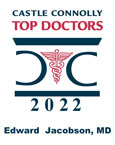



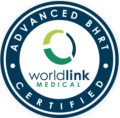
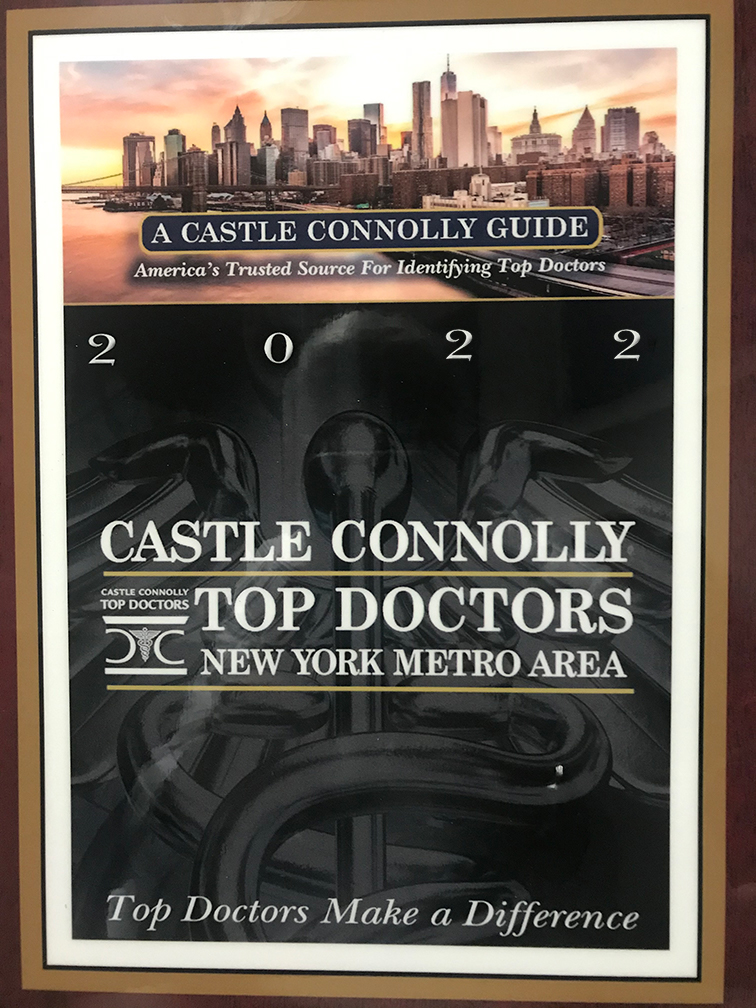
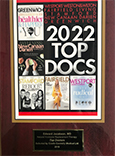
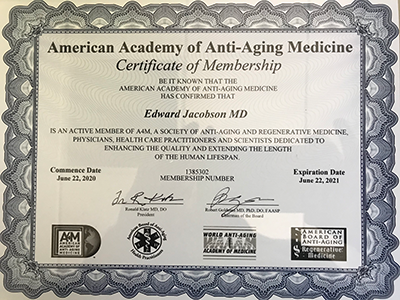

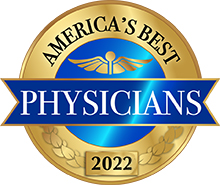

There are many medical offices offering various forms of hormone replacement therapy near you. Some programs strive only for alleviation of symptoms. Others may not monitor hormone levels or do not base treatment decisions upon medical studies. These treatment plans have limited goals but can provide symptom relief for both men and women.
There are a few clinicians, however, who are specially trained and offer far more comprehensive care for those proactive patients who want to significantly reduce their risk for heart disease, stroke, dementia, cancer, and diabetes. Dr. Jacobson is board certified in Gynecology, ABHRT Certified by the prestigious organization Worldlinkmedical.com and is a member of A4M and LDNResearchtrust.org. Your commitment to this science-based program assures you are hormonally receiving everything that can be done to promote and maintain your highest quality of life. He offers the following unique program to his patients:
There are a number of areas where using natural hormone therapy to balance out your hormone levels can be of benefit. These include:
In the 1930s, it was discovered how to extract estrogen from women, which was marketed for menopause symptom relief. Later, another estrogen supplement using horse estrogen became available. This became the most widely prescribed drug in the United States, reaching its peak popularity in 1992. The FDA then approved an oral bioidentical progesterone pill in 1998.
Today, most natural hormones are derived from wild yam and soy. Some, such as bioidentical thyroid hormone, are animal-sourced. All formulations are molecularly identical to those found in our own bodies. They are more effective than the synthetic hormones that have been available since the 1940s. Synthetic hormones have been associated with many health risks such as heart attacks, strokes, and breast cancer. Not so for bioidentical hormones.
Bioidentical hormone replacement therapy, practiced in Greenwich and across the country, has been the subject of scores of medical studies proving there is a reduction in the risk of heart disease, stroke, vascular dementia, Alzheimer’s disease, and diabetes. It has also been shown to protect women from osteoporosis, colon cancer, and macular degeneration. Many randomized medical trials have failed to show any increased risk of breast cancer.
Dr. Jacobson has been treating patients for over three decades. He has helped many women going through menopause with bioidentical hormone replacement therapy. With each patient, the tests he performs will tell him exactly which hormones are out of balance and how to best proceed with treatment.
He is a member of the International Hormone Society, the Bioidentical Hormone Society, AgeMD.com, A4M, the LDNResearchTrust.org, and the Bioidentical Hormone Initiative. Dr. Jacobson is also ABHRT certified as an expert by the prestigious organization WorldLinkmedical.com.
For more details about how natural hormone therapy could help you, explore this website or call us for additional information. Call to schedule a HIPAA-approved telemedicine appointment. Virtual consultations are available by video or telephone.